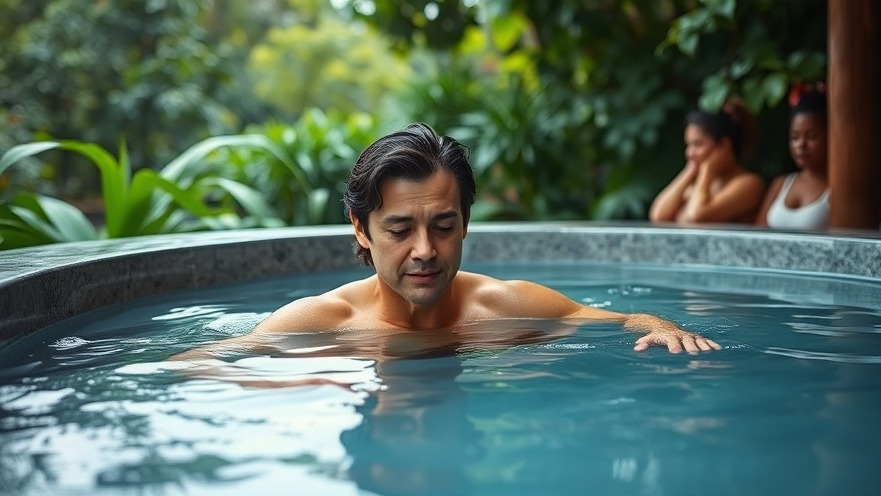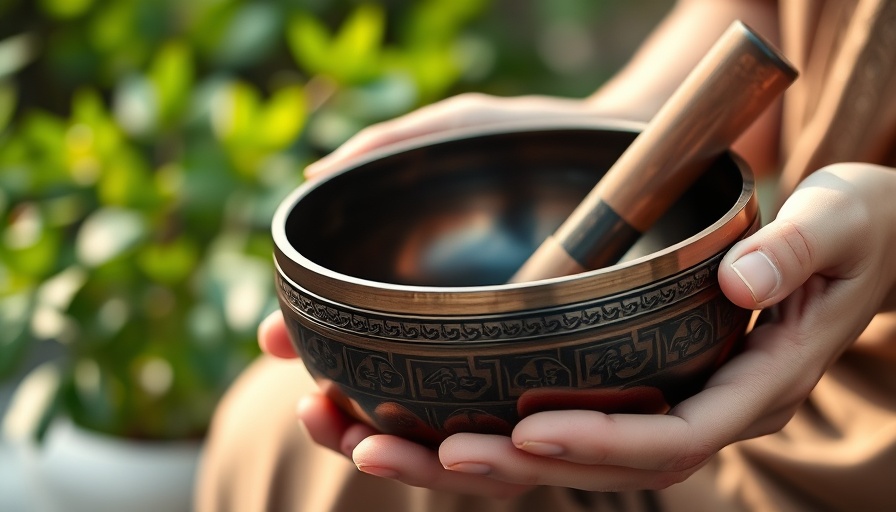
Unlocking the Secrets of Cold-Water Immersion
Cold-water immersion (CWI) has become a buzzword in wellness circles, capturing the attention of wellness professionals and spa-goers alike.
This rising trend is more than just a refreshing plunge; it's backed by science that highlights its effects on both physical and mental health.
A recent systematic review and meta-analysis published in PLOS One sheds light on the benefits of CWI for healthy adults, revealing intriguing findings that could change how we approach wellness practices.
Science Meets Wellness: How CWI Affects the Body
Interestingly, the study found that upon immediate immersion, there is a significant increase in inflammation, indicating an acute inflammatory response in the body.
While that might sound counterproductive, it sets the stage for a deeper healing process.
Notably, while participants did not experience a noticeable change in stress levels right after the immersion, a remarkable reduction in stress was observed 12 hours later.
This delayed response showcases how CWI can have a gradual yet profound effect on our stress management strategies.
From Sleep Quality to Sickness Absence: The Broad Benefits
The benefits of cold-water immersion extend beyond just stress relief. Participants who opted for cold showers reported a compelling 29% reduction in sickness absence, showcasing CWI's promising link to overall health.
Additionally, those who engaged in CWI noted improved sleep quality and a higher quality of life score compared to those in the control group.
With sleep being critical for recovery and general well-being, these findings suggest that incorporating cold-water immersion into daily routines may foster a more restful night.
Why Experts Advocate for Cold-Water Immersion
Given these promising results, wellness professionals are keen to integrate CWI into their recovery protocols.
Cold-water immersion has the potential to enhance performance, alleviate muscle soreness, and ultimately promote overall health.
By offering CWI as part of recovery strategies, spas can provide clients with a holistic approach to wellness that goes beyond traditional practices.
Considerations for Future Research and Practice
Despite these insights, the scientific understanding of CWI is still evolving. Current research has been constrained by small sample sizes and a lack of diversity within study populations.
Experts agree on the need for high-quality randomized controlled trials to dive deeper into the long-term effects of CWI.
This would help solidify evidence-based practices within the spa and wellness industry, potentially leading to tailored recovery strategies that cater to individual needs.
Bringing It All Together: What's Next for Day Spas?
As science continues to unravel the benefits of cold-water immersion, day spas have an exciting opportunity to embrace this trend.
By implementing CWI into their offerings, they can attract clients searching for innovative wellness solutions.
Whether it's through cold showers or ice baths, incorporating these techniques may not just enhance the spa experience but also promote lasting health benefits for clients.
The Emotional Appeal of Cold-Water Immersion
For many individuals, the thought of diving into cold water may evoke images of gripping fear and resistance.
However, the personal stories emerging from the spa community illustrate a different narrative—one of empowerment and transformation.
Clients describe feeling invigorated after a cold plunge, facing their discomfort head-on, and emerging stronger both physically and mentally.
This human-centered experience can inspire others to explore the world of cold-water immersion for themselves.
 Add Row
Add Row  Add
Add 



 Add Row
Add Row  Add
Add
Write A Comment